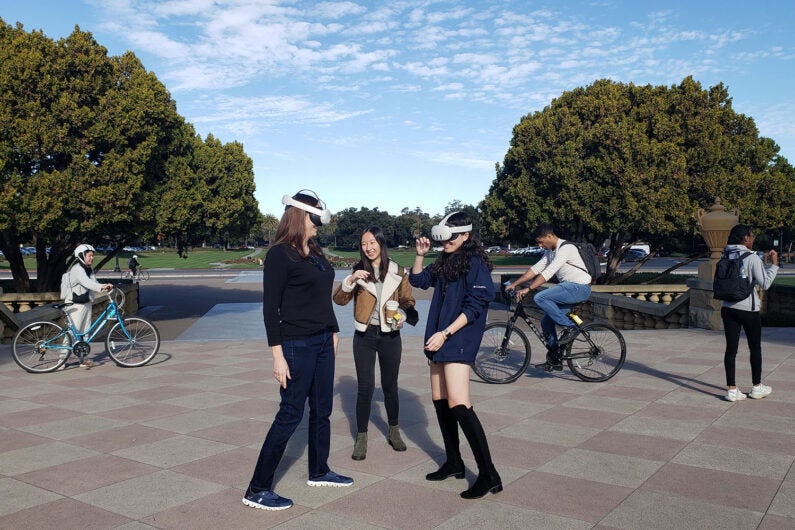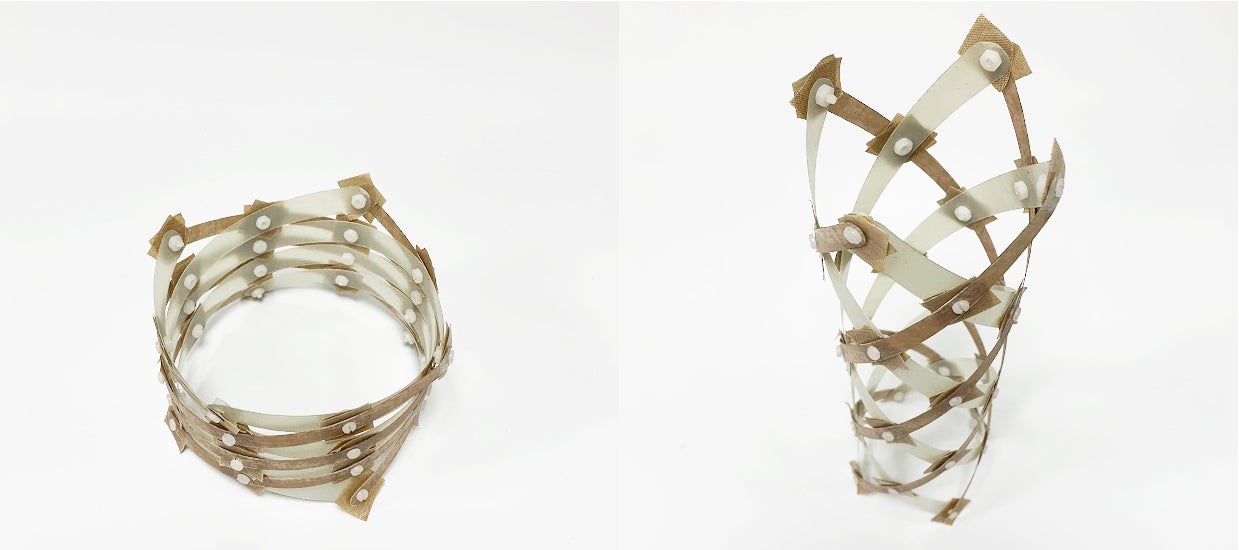Current Reading
 Antony Blinken, Secretary of State: Building A More Resilient Information Environment
Antony Blinken, Secretary of State: Building A More Resilient Information Environment
"What I’d like to do this afternoon is spend a few minutes focusing on one longstanding problem that’s become increasingly complicated and increasingly consequential, and that’s the challenge of disinformation – of material deliberately meant to deceive and divide – as well as other forms of false and misleading content. We all know that a world in which reliable information is readily accessible is pretty much foundational to every issue, in every country. It empowers us to understand and engage with the world around us. To make decisions that shape our lives, that shape our communities, that shape our countries. But we also know the information space has become more crowded, more complex, more confusing, more contested than ever. That, in turn, creates an enabling environment for disinformation – an environment in which state and non-state actors are undermining the objective truths on which open societies depend." more »
 Long Covid and Impaired Cognition — More Evidence and More Work to Do; New England Journal of Medicine
Long Covid and Impaired Cognition — More Evidence and More Work to Do; New England Journal of Medicine
"The results of the study by Hampshire and colleagues are of concern, and the broader implications require evaluation. For example, what are the functional implications of a 3-point loss in IQ? Whether one group of persons is affected more severely than others is not clear. Whether these cognitive deficits persist or resolve along with predictors and trajectory of recovery should be investigated. Will Covid-19–associated cognitive deficits confer a predisposition to a higher risk of Alzheimer’s disease or other forms of dementia later in life? The effects on educational attainment, work performance, accidental injury, and other activities that require intact cognitive abilities should also be evaluated." more »
 Stanford Researchers Urge Caution With New Mixed Reality Headsets; Visual Distortions, Feelings of Social Absence and Motion Sickness Can Undercut the Vibe
Stanford Researchers Urge Caution With New Mixed Reality Headsets; Visual Distortions, Feelings of Social Absence and Motion Sickness Can Undercut the Vibe
“Given how far headsets with passthrough video have come, it’s time to dedicate serious academic thought to the psychological and behavioral effects of this technology,” said Jeremy Bailenson, the Thomas More Storke Professor in the Stanford School of Humanities and Sciences and founding director of the Virtual Human Interaction Lab (VHIL). “We want to understand the implications of living in a life in which we rely on passthrough for hours every day to see the world around us.” more »
 Stanford News Service: A New, Portable Antenna Could Help Restore Communication After Disasters
Stanford News Service: A New, Portable Antenna Could Help Restore Communication After Disasters
Researchers at Stanford University and the American University of Beirut (AUB) have developed a portable antenna that could be quickly deployed in disaster-prone areas or used to set up communications in underdeveloped regions. The antenna packs down to a small size and can easily shift between two configurations to communicate either with satellites or devices on the ground without using additional power. At its most compact, the antenna is a hollow ring that stands just over 1 inch tall and about 5 inches across – not much larger than a bracelet – and weighs 1.4 ounces. In this shape, it’s able to reach satellites with a high-power signal sent in a particular direction. When stretched out to about a foot tall, the antenna sends a lower power signal in all directions, more like a Wi-Fi router. more »






